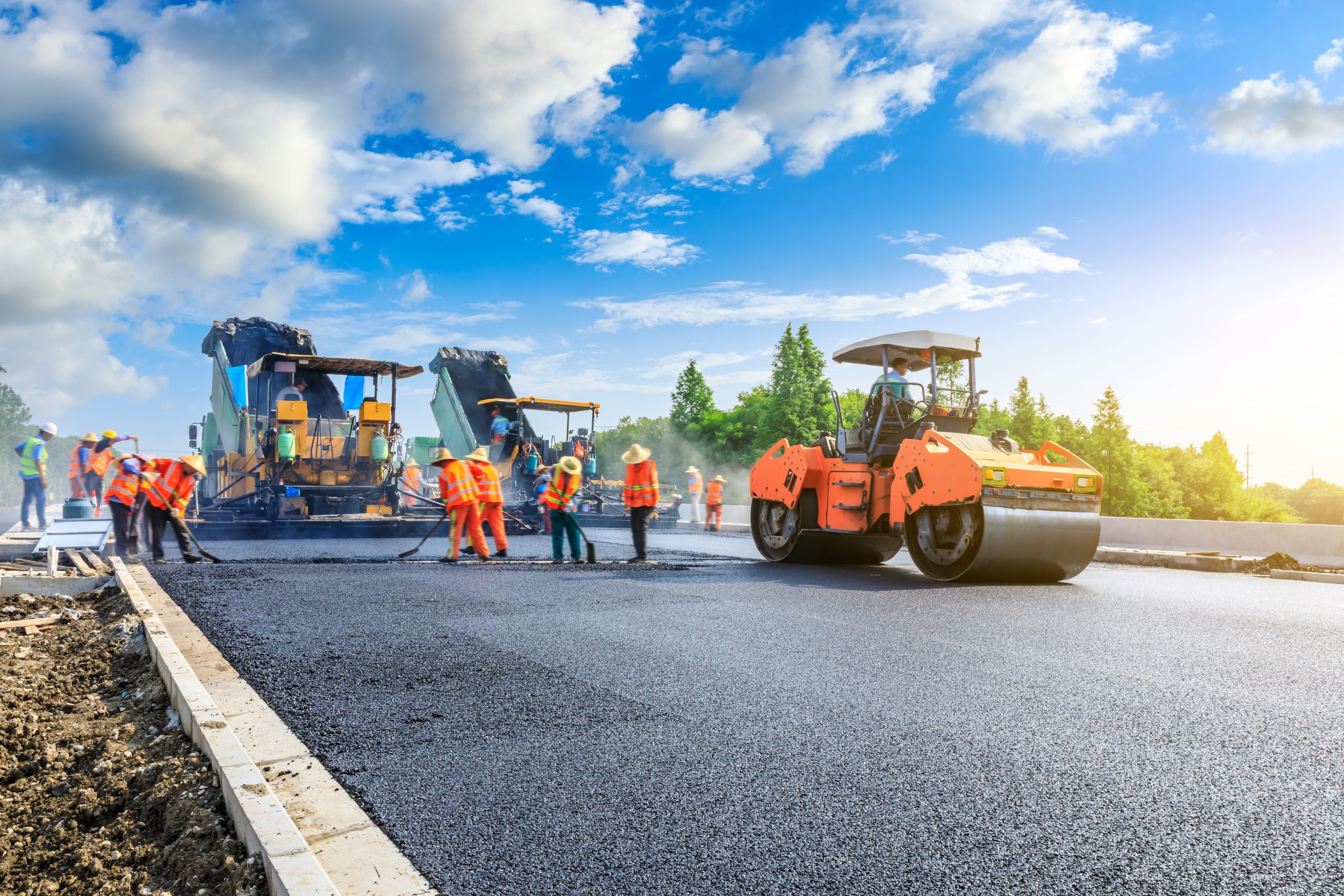Asphalt is one of the most widely used paving materials, but there’s still a lot of misinformation surrounding it. Some homeowners and business owners avoid it, thinking it’s too expensive or requires constant maintenance. Others assume it won’t last long enough to be worth the investment. These misconceptions often lead people to choose alternative paving solutions that can cost more and require even more upkeep in the long run.
If you’ve been hesitating to move forward with an asphalt project, it’s time to separate fact from fiction. Here are five of the biggest myths about asphalt—and the truth that could save you money.
Myth #1: Asphalt Costs Too Much
Many people assume that asphalt paving is a luxury they can’t afford. The reality? Asphalt is one of the most cost-effective paving options available. It typically costs less to install than concrete, and because it’s so durable, maintenance costs stay low over time. With proper care, a well-installed asphalt surface can last for decades. Regular asphalt sealcoating helps protect it from the elements, preventing cracks and extending its lifespan even further. Instead of focusing on the initial cost, think about the long-term savings that come with choosing a durable and budget-friendly material.
Myth #2: Asphalt Won’t Last Long
Some people worry that asphalt is a temporary fix rather than a long-term solution. The truth is, when properly installed and maintained, asphalt can last 20 to 30 years or even longer. Its flexibility allows it to withstand heavy loads and temperature changes better than more rigid materials like concrete. Small issues, like minor cracks or potholes, are easy to repair with asphalt patching, keeping the surface in great condition without the need for a full replacement.
Myth #3: Asphalt Requires Too Much Maintenance
Every paved surface requires some level of care, but asphalt is far from high-maintenance. Routine cleaning, occasional sealcoating, and timely crack filling can go a long way in preserving its appearance and durability. Compared to concrete, which can develop deep cracks and require costly repairs, asphalt offers a more forgiving and easier-to-maintain surface. If a pothole does appear, it can be fixed quickly and affordably with targeted asphalt repairs, avoiding the need for extensive repaving.
Myth #4: Asphalt Is Bad for the Environment
Sustainability matters, and asphalt is actually one of the most environmentally friendly paving materials available. It’s 100% recyclable, meaning old asphalt can be removed, ground up, and reused in new paving projects. This reduces the need for fresh materials and minimizes waste. Additionally, asphalt’s smooth surface helps improve fuel efficiency for vehicles by reducing friction. Choosing asphalt isn’t just good for your wallet—it’s also a greener option for your home or business.
Myth #5: Asphalt Is Only for Roads and Parking Lots
While it’s true that asphalt is commonly used for highways and large parking lots, it’s also a great option for residential driveways, sidewalks, and even sports courts. Its smooth, polished look enhances curb appeal, and its durability makes it an excellent choice for high-traffic areas. Whether you need a fresh driveway paving job or a reliable surface for your commercial property, asphalt provides long-lasting performance with minimal upkeep.
The Bottom Line
Choosing the right paving material is an investment, and falling for these common myths could end up costing you more in the long run. Asphalt is a durable, affordable, and environmentally friendly option that works for both residential and commercial properties. If you’re ready to upgrade your driveway, parking lot, or any paved surface, don’t let misinformation hold you back. Explore our asphalt installation services to see how we can help, or learn more about our team and experience. Have questions? Contact us today for a free estimate!

